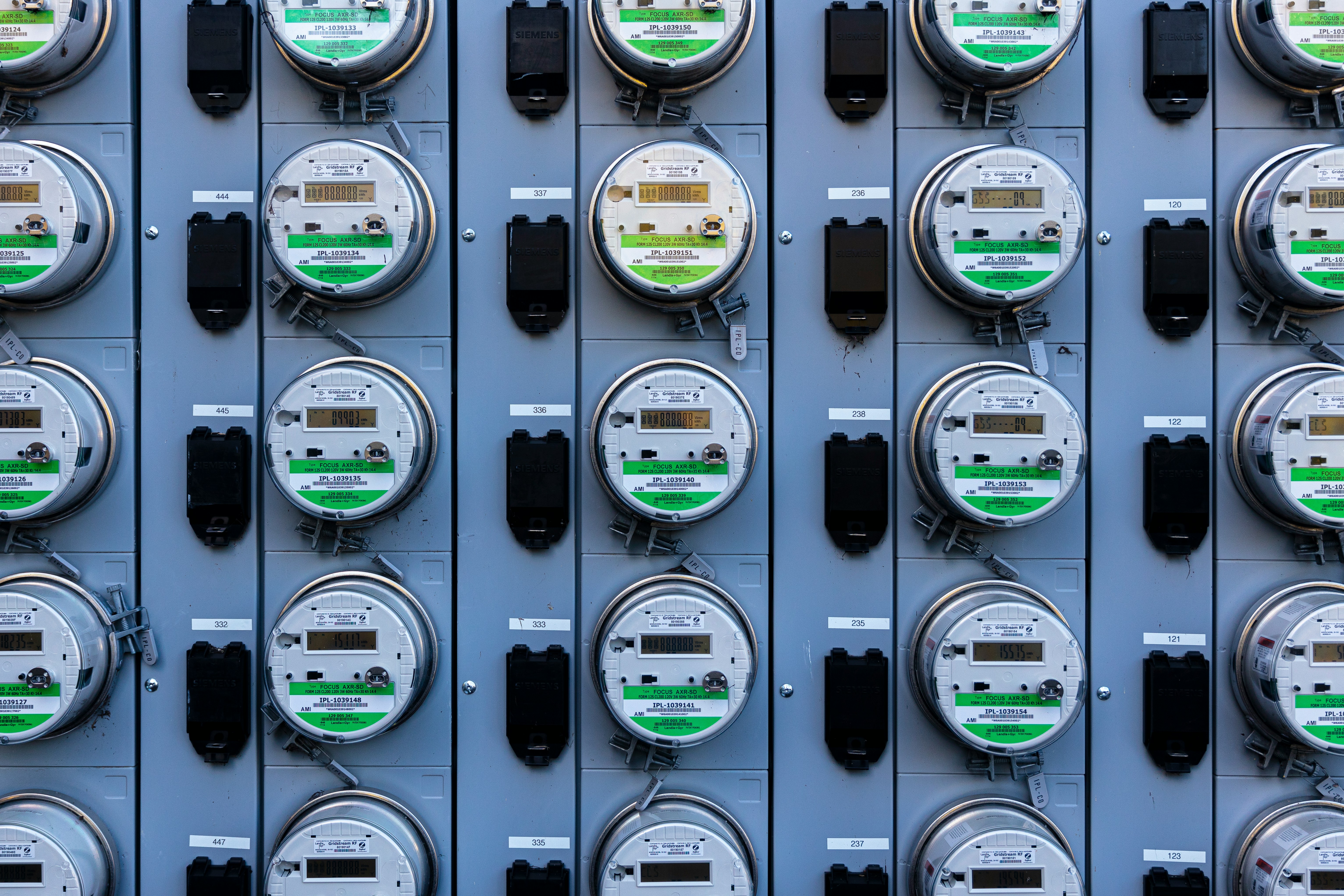
Owning a home comes with plenty of considerations, especially when it comes to increasing its property value. One often overlooked yet remarkably influential factor is the HVAC system. Heating, Ventilation, and Air Conditioning (HVAC) systems not only play a big role in ensuring comfort but also significantly impact your home’s market value. Understanding how these systems affect property value can provide homeowners with valuable insights when investing in upgrades or renovations.
Resale Value and Return on Investment
Investing in a new or upgraded HVAC system often demonstrates a strong return on investment (ROI). Even though the initial cost might be substantial, the enhancements in comfort, energy efficiency, and air quality can justify the investment. A well-functioning HVAC system can boost the resale value of the property, making it a smart move for homeowners looking to maximize their investment. Modern HVAC systems can include other features related to heating, cooling and plumbing, providing even more value and convenience to homeowners.
Climate Control and Comfort
At its core, an HVAC system regulates the indoor climate of a home. The importance of maintaining a comfortable living environment cannot be overstated. Potential buyers place a high premium on the ability to control the temperature throughout the year. Homes equipped with new and efficient HVAC systems are more likely to attract offers, simply because people are willing to pay for comfort and convenience.
Energy Efficiency
Energy efficiency is a major selling point in today’s real estate market. An efficient HVAC system reduces energy consumption, which translates to lower utility bills. Homebuyers are increasingly conscious of their carbon footprint and the long-term financial benefits of an energy-efficient home. Systems that boast high SEER (Seasonal Energy Efficiency Ratio) ratings or ENERGY STAR certifications can add significant value by appealing to eco-friendly and cost-conscious buyers.
Additional Comfort Features
Beyond the basic capabilities of an HVAC system, additional comfort features such as zoned heating and cooling can further elevate a home’s appeal. Zoned systems allow different areas of the home to be heated or cooled to different temperatures, providing personalized comfort for all inhabitants. Potential buyers are likely to be impressed by these added functionalities, seeing them as a luxury feature that can make day-to-day living more pleasant.
Market Perception and Competitiveness
The overall perception of the property in its local market can be influenced by the quality and efficiency of the HVAC system. In a competitive real estate market, having a top-notch HVAC system can be the deciding factor for potential buyers. It can distinguish your home from other listings, enhancing its marketability and ensuring it sells faster and potentially at a higher price.
Indoor Air Quality
Another important aspect influenced by HVAC systems is indoor air quality. HVAC systems can include advanced filtration technologies that remove dust, allergens, and other pollutants. Good air quality is important for the health and wellness of the inhabitants, and it is a feature that prospective buyers, particularly those with respiratory issues or young children actively look for. The assurance of clean, breathable air can substantially elevate a property’s value.
System Age and Maintenance
The age and condition of an HVAC system are also important to its impact on property value. A well-maintained, new system is a strong selling point, whereas an old or poorly maintained system can deter potential buyers. Regular inspections, timely repairs, and updates not only prolong the lifespan of the system but also make the home more attractive to buyers by providing assurance of fewer unexpected expenses.
Technological Advancements
HVAC systems have seen advancements from programmable thermostats to entire smart home integrations. These innovations provide greater control over home environments, improve energy efficiency, and offer convenience. Homes featuring smart HVAC technologies can differentiate themselves in the market, making them more appealing and potentially increasing market value.
Community and Environmental Impact
Another reason modern HVAC systems add value is their positive impact on the community and environment. More efficient systems reduce overall energy demand, contributing to less strain on local energy grids. Moreover, by lowering a home’s carbon footprint, these systems help in the fight against climate change, making the property more appealing to environmentally conscious buyers. This broader impact should not be underestimated when considering property value.
Financial Incentives and Rebates
Many regions offer financial incentives and rebates for installing energy-efficient HVAC systems. These incentives can significantly offset the initial costs, making the investment more attractive to homeowners. Buyers often look favorably upon homes where these systems are already in place, as they won’t need to make the investment themselves. This financial appeal can be another strong selling point in the competitive housing market.
Conclusion
The HVAC system is a major component in determining a home’s property value. From enhancing comfort and air quality to improving energy efficiency and market competitiveness, a new and efficient HVAC system can significantly benefit homeowners. As the real estate market continues to evolve, the role of HVAC systems in enhancing property value is likely to become even more pronounced. Ensuring your system is up-to-date and well-maintained can not only provide immediate benefits but also pay dividends when it comes time to sell. Understanding this correlation allows homeowners to make informed decisions that enhance their property’s value and appeal.
